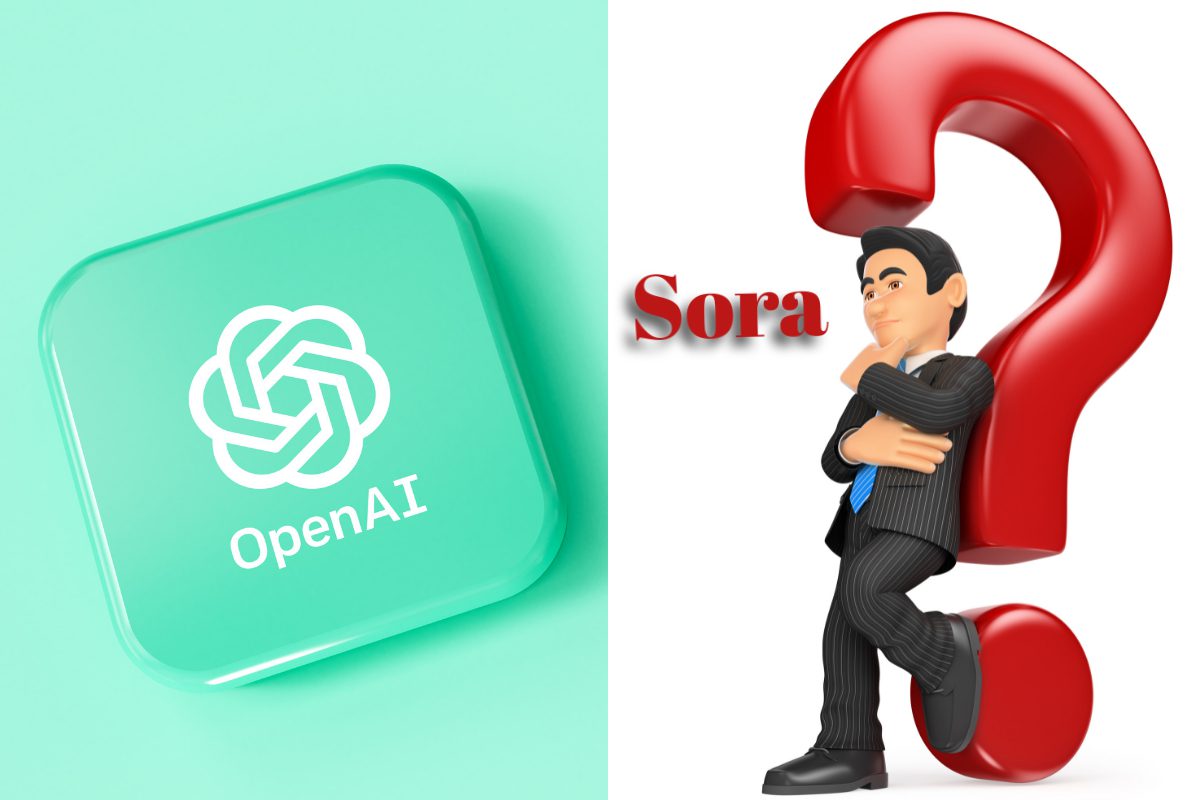The unveiling of OpenAI’s Sora, a revolutionary artificial intelligence system capable of turning text descriptions into highly realistic videos, has sent ripples through the professional world.
While this breakthrough heralds a new era in content creation, it simultaneously stokes fears of job displacement and existential questions about the role of humans in an AI-dominated future.
In this article, we explore the multifaceted impact of Sora on professional careers and the broader implications for the workforce.
The Disruption Ahead
Sora’s ability to generate video content from textual prompts not only showcases the strides made in AI technology but also raises the spectre of automation in fields traditionally reliant on human creativity and expertise.
The technology’s proficiency in creating photorealistic videos up to 60 seconds long poses a direct challenge to professionals in the visual arts, including photographers, filmmakers, and graphic designers.
The concern extends beyond the immediate threat to jobs; it underscores a profound shift in the nature of work, where machines could increasingly replace human creativity.
The Creative Industries at a Crossroads
For creative professionals, the advent of Sora represents a double-edged sword. On one hand, it offers tools that could enrich the creative process, providing new avenues for artistic expression and innovation.
On the other hand, the ability of AI to produce content that competes with or even surpasses human-generated work could undermine the value of human creativity, leading to economic and existential crises within these communities.
The fear is not just about job loss but also about the erosion of identity and purpose for those who define themselves through their creative vocations.
Beyond Creativity: The Ripple Effect
The impact of Sora and similar technologies is not confined to creative fields. The potential for AI to create realistic depictions of events that never happened poses ethical and legal challenges across various sectors.
For instance, the legal profession could face dilemmas around the admissibility of AI-generated evidence, while journalism might grapple with distinguishing fact from AI-fabricated fiction. The implications are vast, touching upon issues of trust, authenticity, and the very foundation of professional integrity.
Embracing Change, Safeguarding Futures
As we stand on the brink of this technological frontier, the response from individuals, industries, and policymakers will shape the trajectory of our collective future. It’s imperative to foster a dialogue that embraces the potential of AI like Sora while addressing the legitimate concerns it raises.
Strategies might include upskilling and reskilling programs to prepare workers for the evolving job market, regulatory frameworks to address ethical concerns, and initiatives to promote the responsible use of AI.
Opinion
The arrival of Sora challenges us to rethink our relationship with technology and its role in our professional lives. While we cannot halt the tide of technological advancement, we can choose how to navigate its waters.
This moment calls for a balanced approach that leverages AI’s potential to enhance human creativity and productivity while protecting the dignity, value, and livelihoods of those at risk. By fostering collaboration between technologists, policymakers, and affected communities, we can steer the future of work toward a horizon that respects both human and machine contributions.
In facing this new era, one must ask: How can we harness the capabilities of AI like Sora to complement human skills rather than replace them, ensuring a future where technology amplifies human potential rather than diminishing it?



